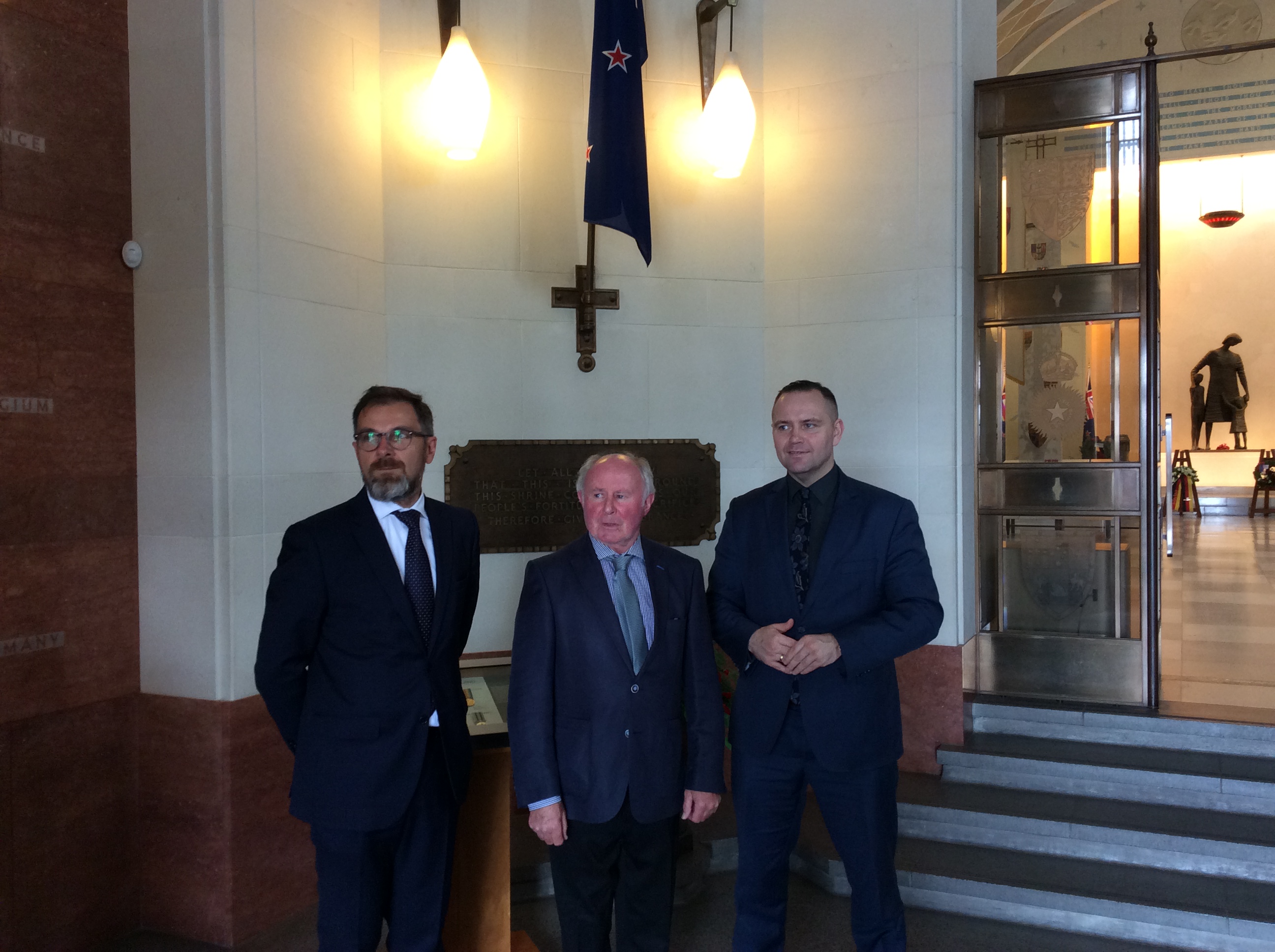Second World War Museum's representatives visit New Zealand
14.02.2020
Delegation from the Second World War Museum in Gdańsk, including the Director dr Karol Nawrocki, visited New Zealand. The director gave a public lecture at the National Library and held a series of meetings with representatives of New Zealand cultural institutions. Meetings with the Polish Diaspora and film notations with witnesses of history were of special importance.

During the visit, which took place on 10-13 February, delegation of the Second World War Museum visited Auckland and Wellington.
In Aucklad representatives of the Polish Museum met with the management of the Auckland Museum as well as the Maritime Museum. In Howick, the delegation met with and interviewed the founder of the Polish Heritage Museum, John Roy-Wojciechowski, one of the Polish Pahitaua Children. The second interview was conducted with Malwina Zofia (Wisia) Schwieters whose family was deported on April 13, 1940. Wisia's father became a soldier in the General W. Anders' Army, while her and her mother (younger brother died in Uzbekistan) escaped to Iran with the Polish orphanage. Like Jan Wojciechowski, they were later sent to Pahiatua in New Zealand, where her mother ran a library. Malwina also remained in New Zealand, received her education and got married. For decades, Polish matters have always been important to her. Wisia has been actively involved in maintaining the memory of the Katyn Massacre as well as the Solidarity movement.
At the Polish House in Auckland a lecture by Director K. Nawrocki and presentations by dr hab. Karol Polejowski and Waldemar Kowalski, Head of the Film Documentation Department of the Museum were held.
In Wellington, the highlight of the program was lecture "The Rise of Evil. Fighting and Suffering" delivered by Director K. Nawrocki at the National Library of New Zealand, followed by the viewing of the exhibition" Fighting and Suffering" prepared by the Museum of the Second World War together with the Ministry of Foreign Affairs of the Republic of Poland. The event was met with great interest, while among the guests there were representatives of diplomatic missions, historians, members of the Polish diaspora and people interested in both the history of World War II and Poland. The event was opened by the National Librarian Bill Macnaught and the guests were welcomed by the Polish Ambassador Zbigniew Gniatkowski.
Dr. Karol Nawrocki spoke about the roots of the tragic conflict, among others: "Philosophical rhetoric coupled with fondness for war and terror, murderous disdain for selected social classes, nations, and social strata all came together as a real-life concept. The collaboration between communists and the Nazis took form on the 23rd August 1939. On that day Molotov-Ribbentrop Pact was signed. In the 300 words of the main body of its text and in the 4 paragraphs of the Pact’s secret protocol the Middle-Eastern European order was crushed and the road to WW2 was finally open. Both totalitarian regimes – Nazi Germany and Soviet Russia – invaded and partitioned six independent countries. The attack on Poland on September 1, 1939 marks the beginning of the global conflict.Philosophical rhetoric coupled with fondness for war and terror, murderous disdain for selected social classes, nations, and social strata all came together as a real-life concept. The collaboration between communists and the Nazis took form on the 23rd August 1939. On that day Molotov-Ribbentrop Pact was signed. In the 300 words of the main body of its text and in the 4 paragraphs of the Pact’s secret protocol the Middle-Eastern European order was crushed and the road to WW2 was finally open. Both totalitarian regimes – Nazi Germany and Soviet Russia – invaded and partitioned six independent countries. The attack on Poland on September 1, 1939 marks the beginning of the global conflict." (you can find a working version of full text attached)
After the lecture, an interesting and lively Q&A session took place. It was moderated by Prof. Roberto Rabel (Professor Emeritus of the University of Victoria in Wellington), whose father - Jerzy Rabel - fought in the Warsaw Uprising and was awarded the Order of Military Virtuti Militari for his heroism.
A meeting with the local Polish community took place at the Wellington's Polish House, where Director K. Nawrocki and dr hab. K. Polejowski gave lectures.
In Wellington the delegation of the Museum of the Second World War met with representatives of the National Archives and National Library of New Zealand, Te Papa National Museum, the National War Memorial and the Holocaust Center.
Among the Wellington interviewees of the staff of the Film Documentation Department of the Museum were 6 witnesses to history known as Polish Pahiatua Children: Krystyna Tomaszyk, Stanisław Manterys, Zdzisław Lepionka, Józef Zawada and Zofia and Stanisław Januszkiewicz.
Materials
Director_of_Second_World_War_Museum_public_talkDirector_of_Second_World_War_Muzeum_presentation.pdf 0.07MB 2nd_WW_Museum_Director_Presentation (PowerPoint)
2nd_WW_Museum_Director_Presentation_2020_EN.pptx 225.94MB
Video
Photos (27)
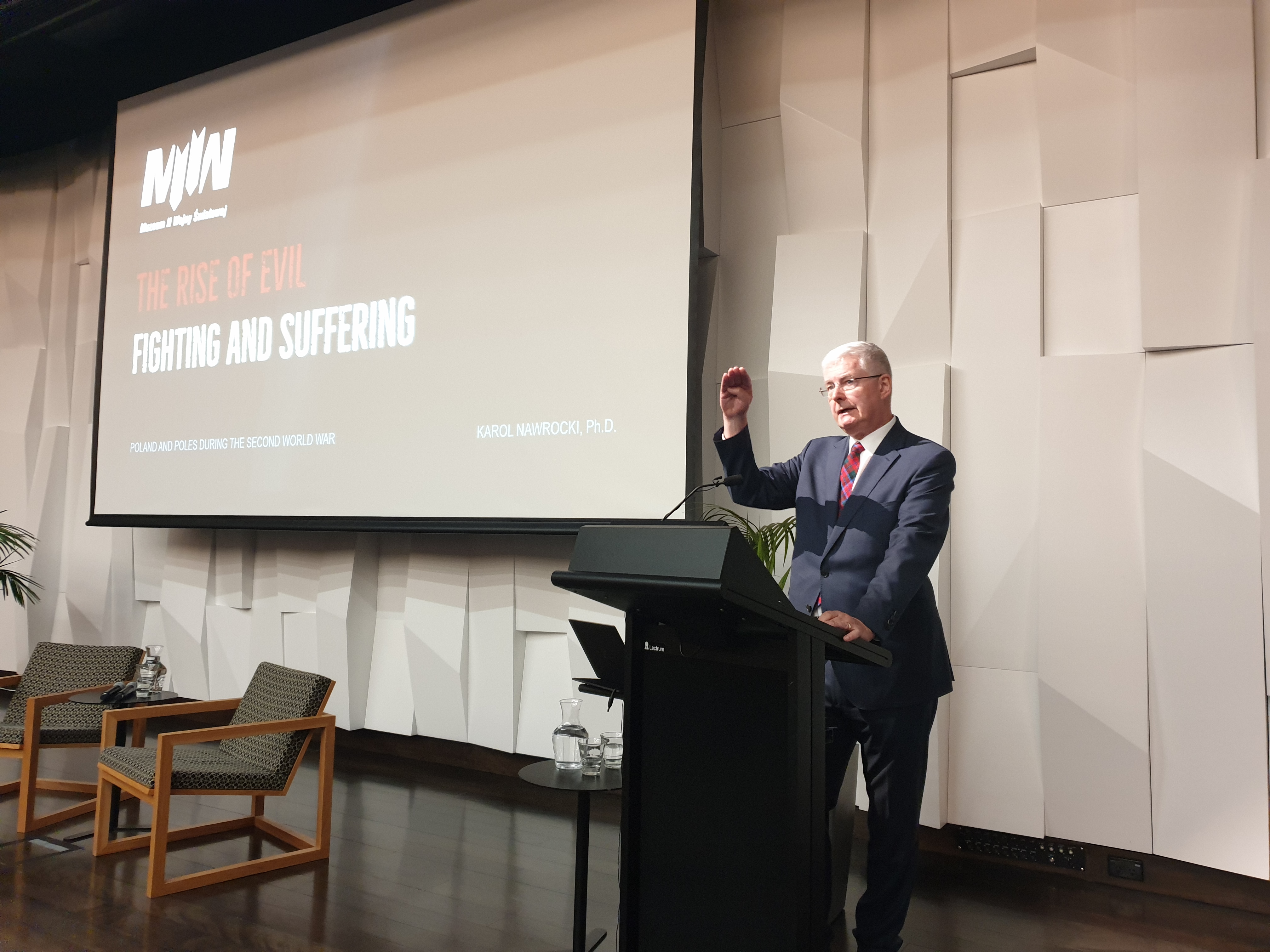 Display photo 2 in the gallery.
Display photo 2 in the gallery.
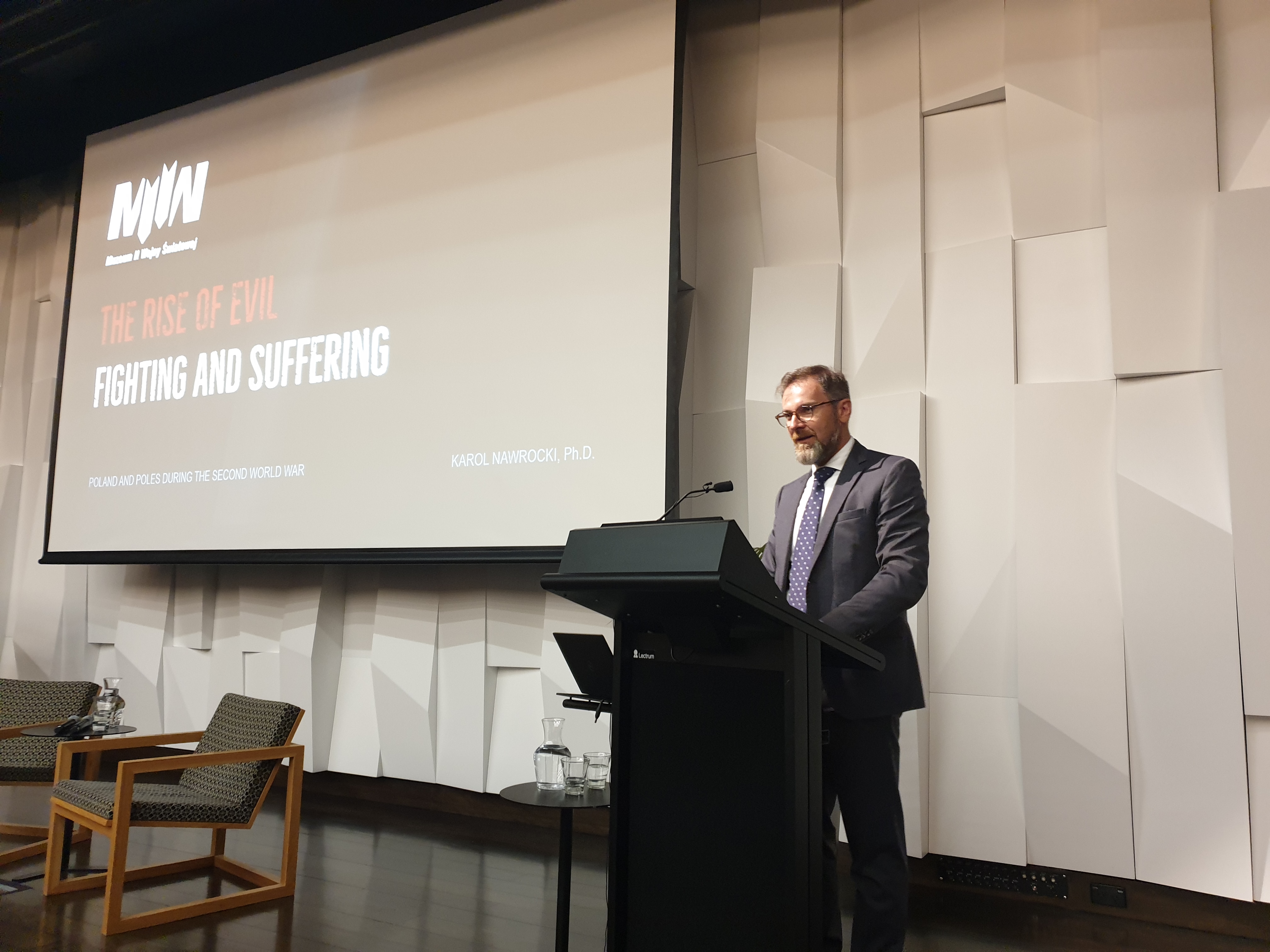 Display photo 3 in the gallery.
Display photo 3 in the gallery.
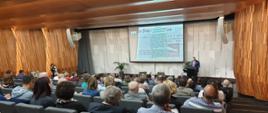 Display photo 4 in the gallery.
Display photo 4 in the gallery.
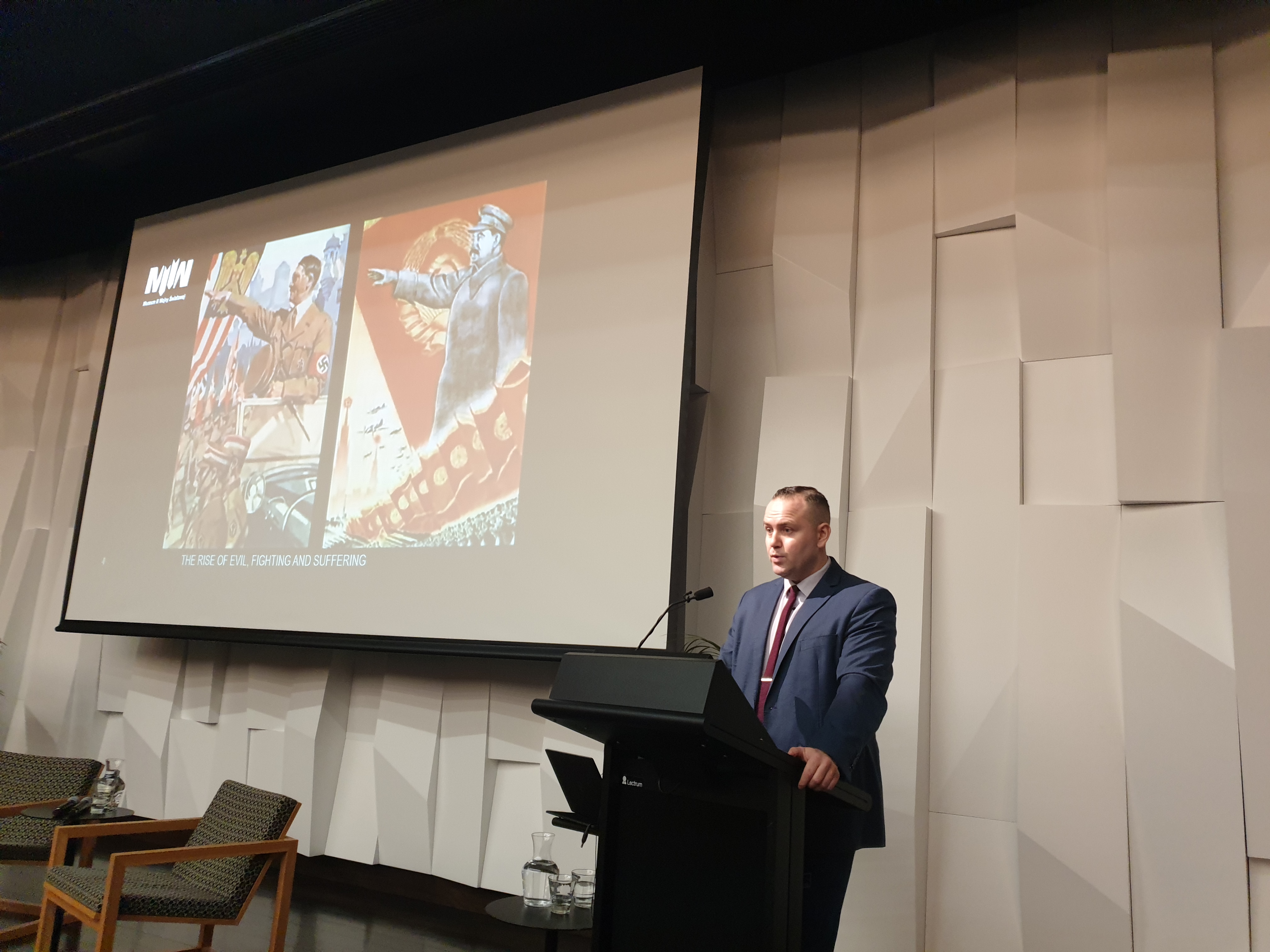 Display photo 5 in the gallery.
Display photo 5 in the gallery.
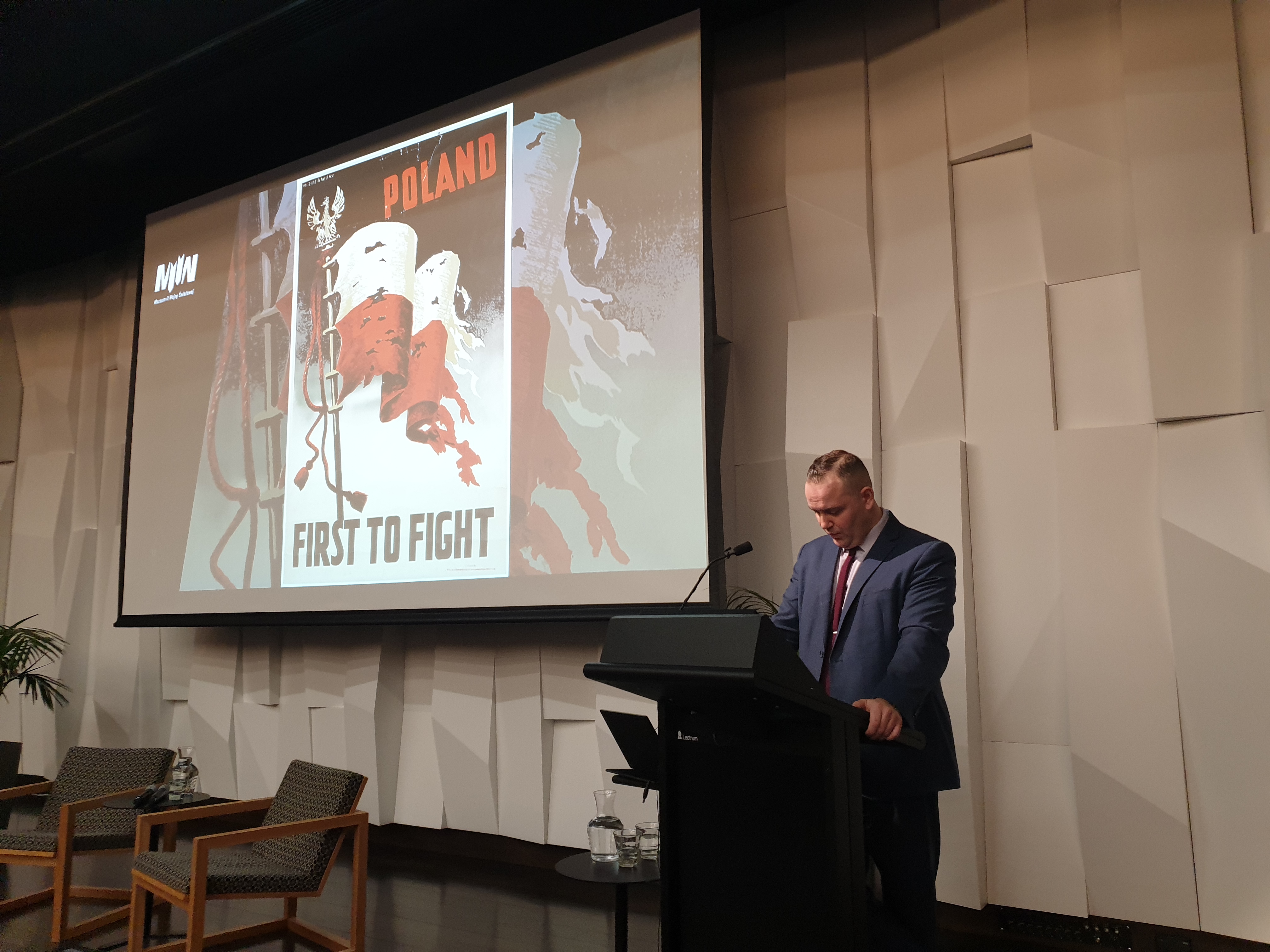 Display photo 6 in the gallery.
Display photo 6 in the gallery.
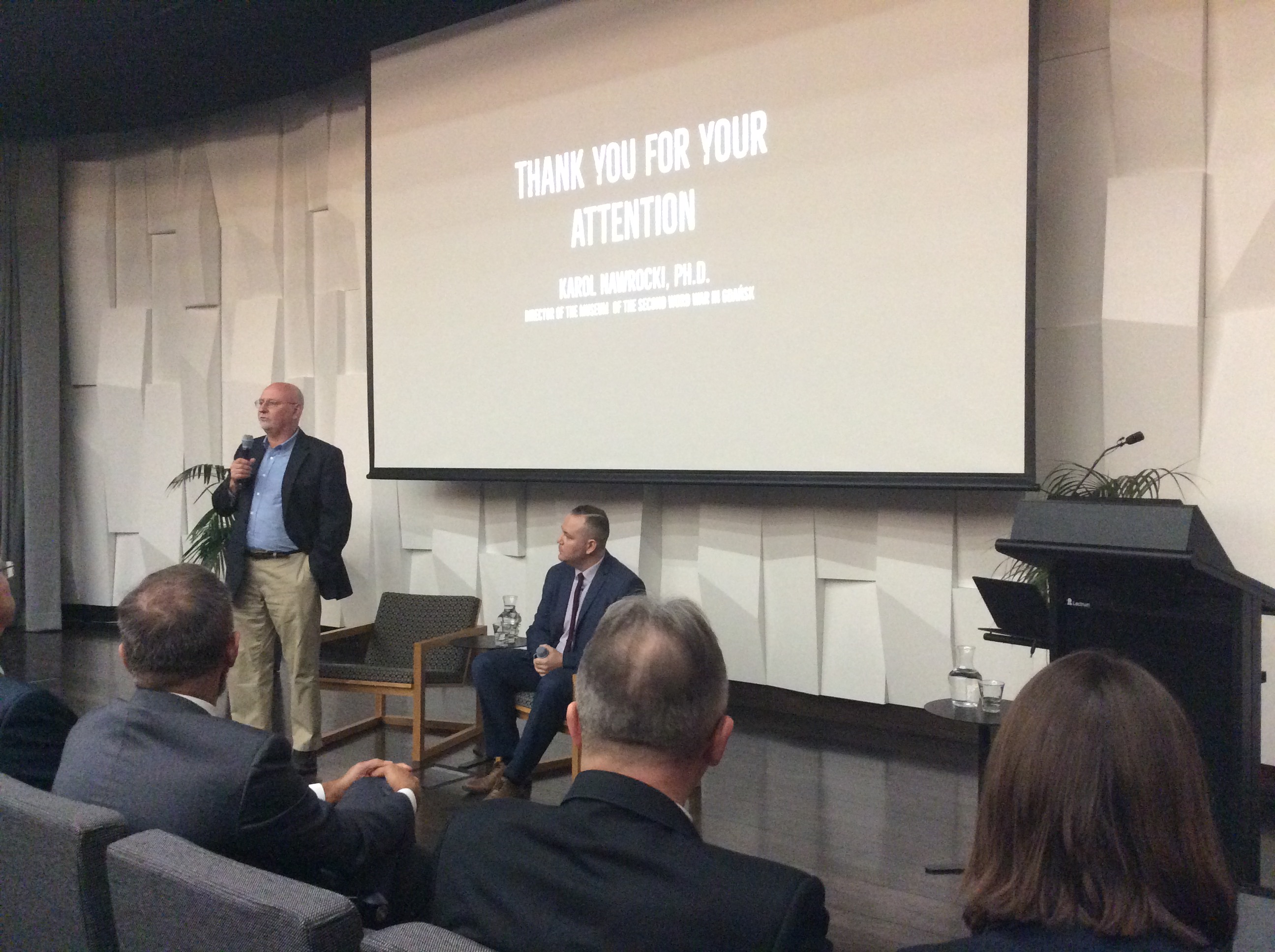 Display photo 7 in the gallery.
Display photo 7 in the gallery.
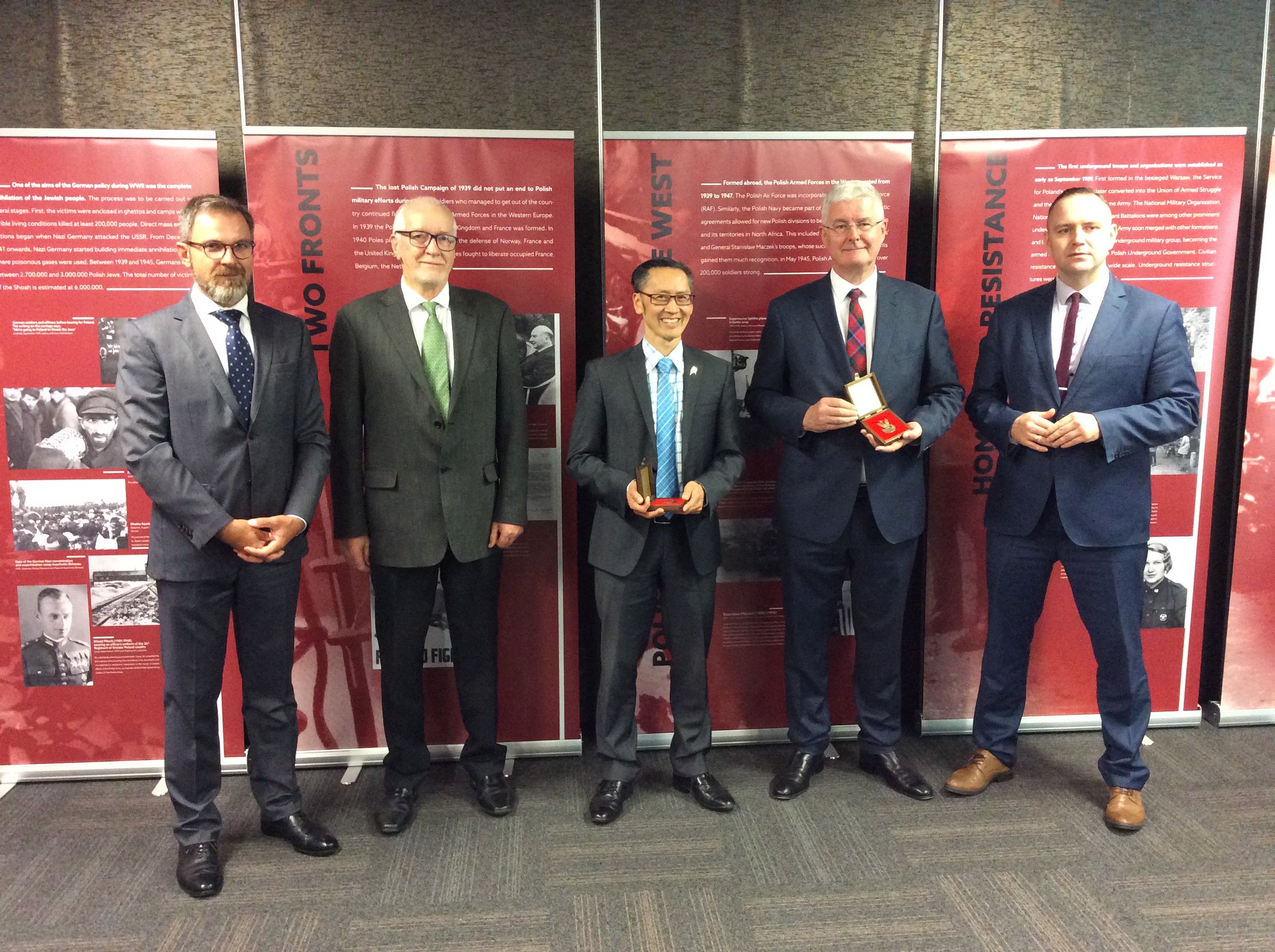 Display photo 8 in the gallery.
Display photo 8 in the gallery.
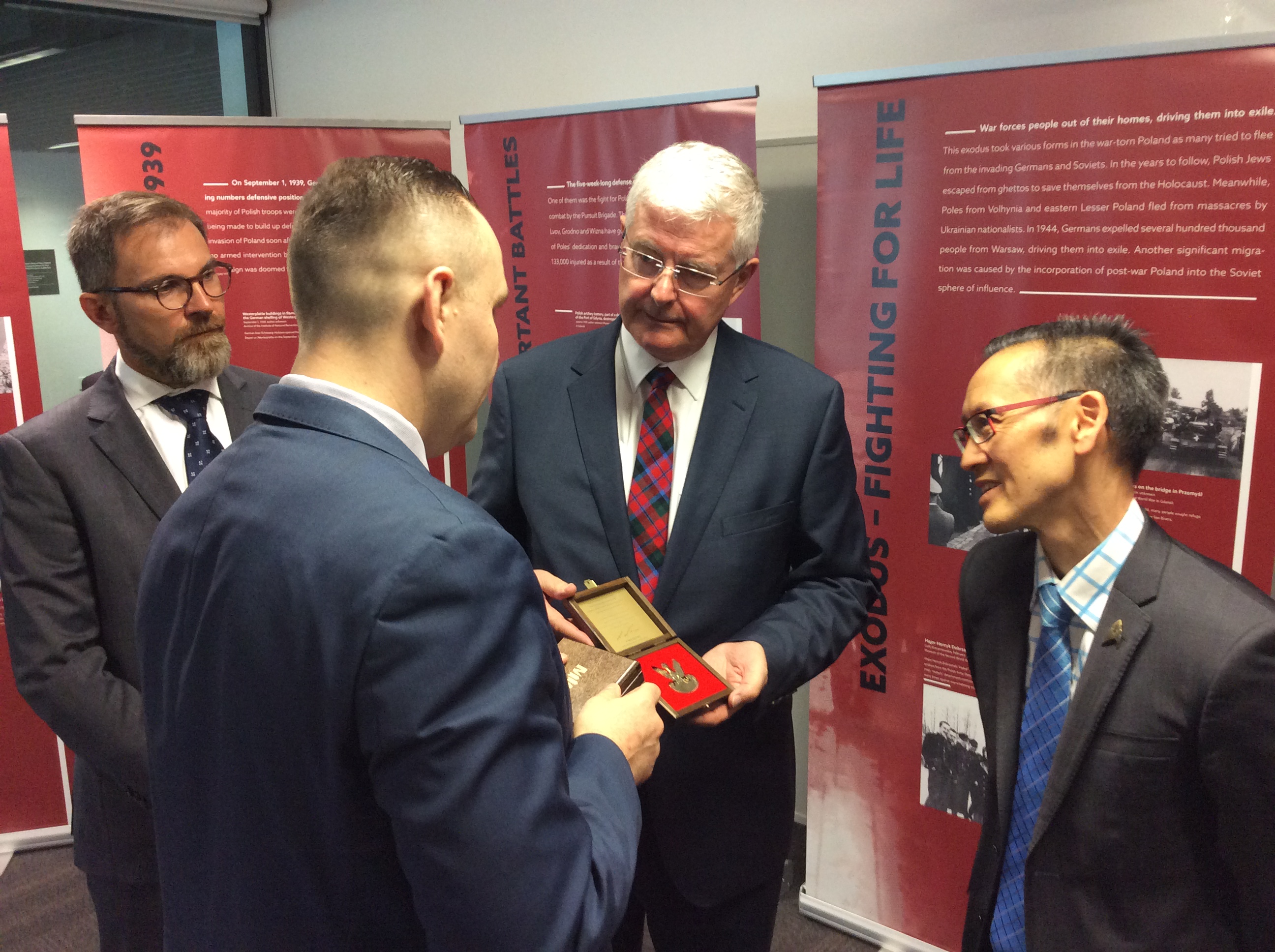 Display photo 9 in the gallery.
Display photo 9 in the gallery.
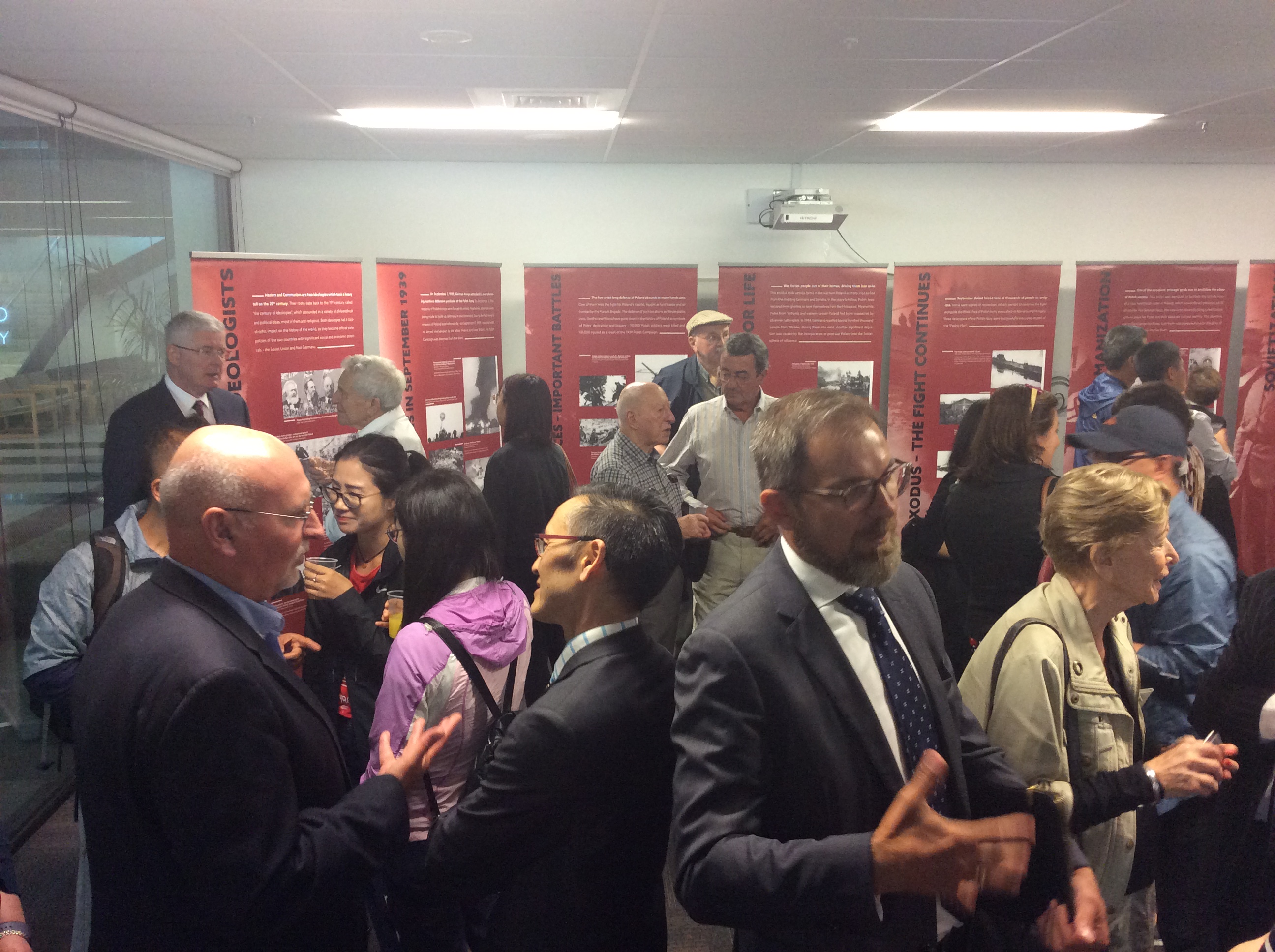 Display photo 10 in the gallery.
Display photo 10 in the gallery.
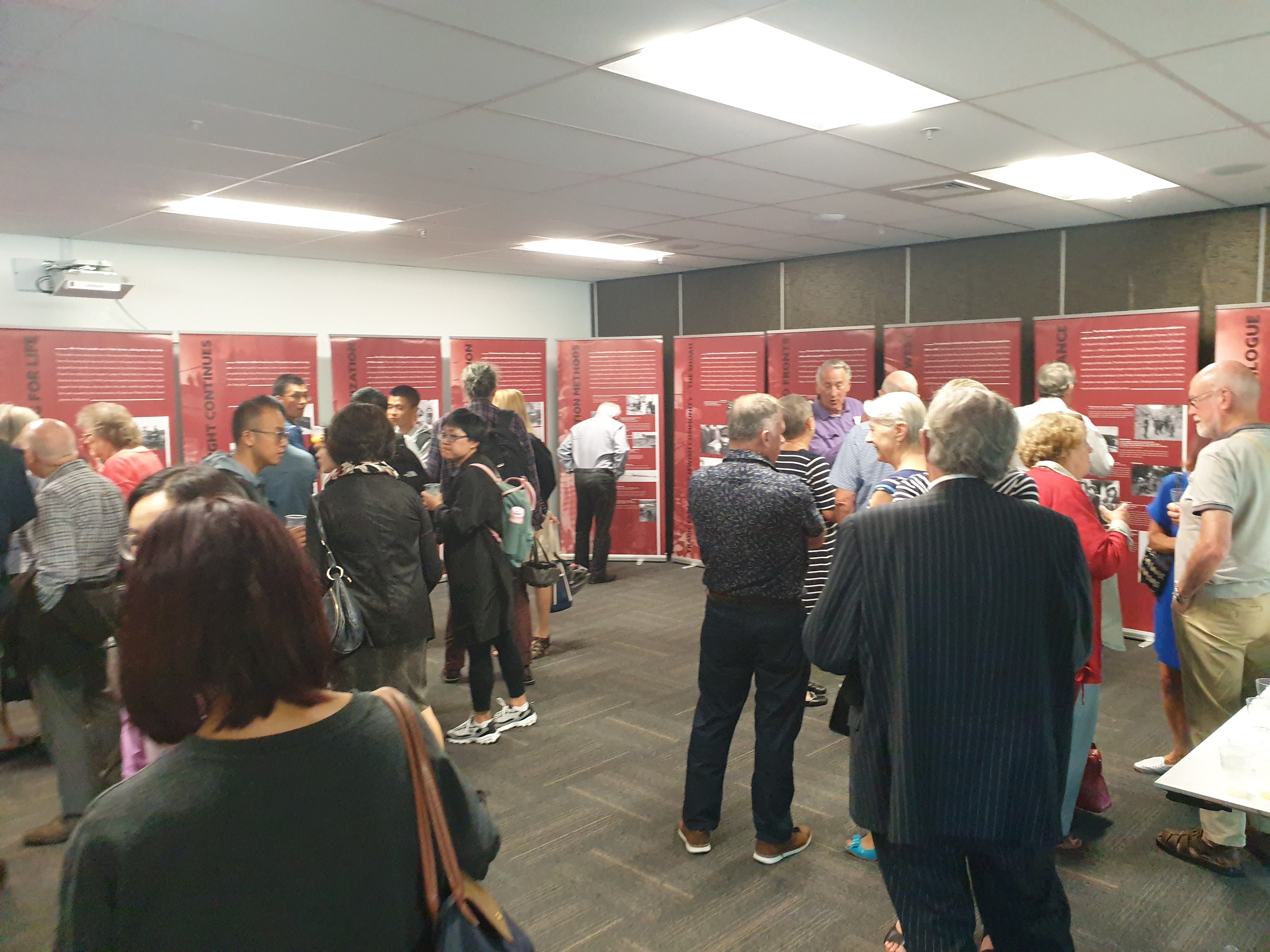 Display photo 11 in the gallery.
Display photo 11 in the gallery.
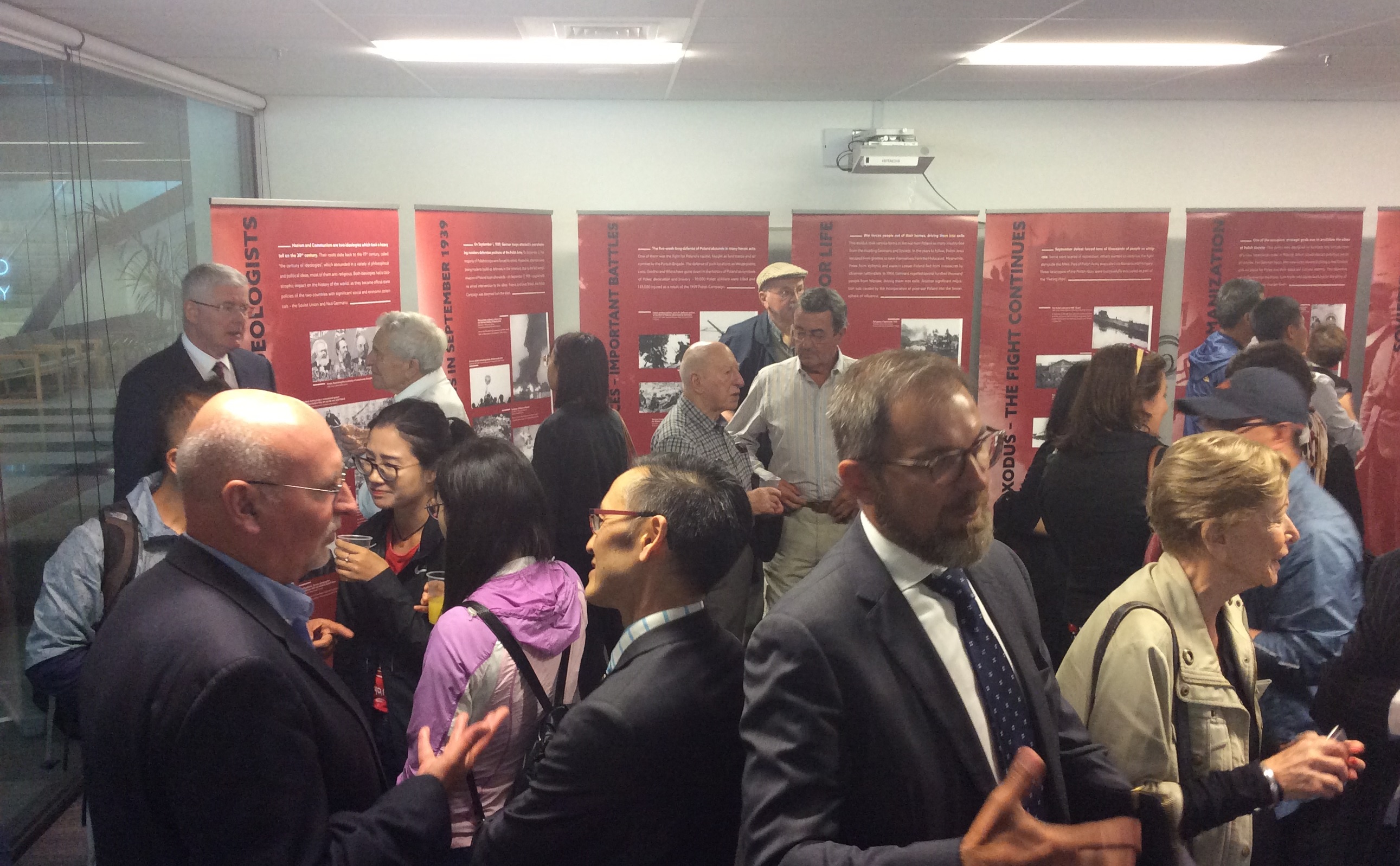 Display photo 12 in the gallery.
Display photo 12 in the gallery.
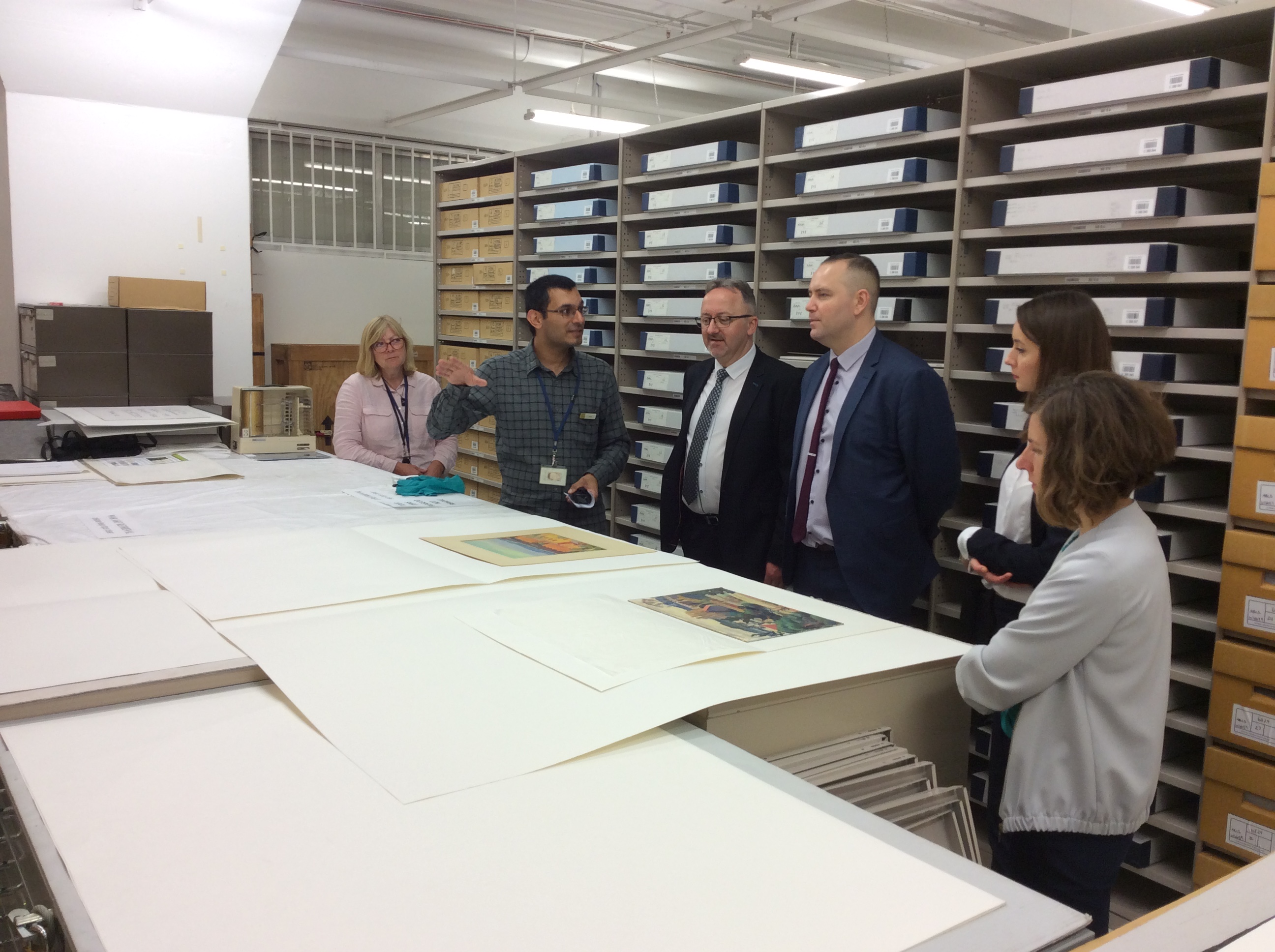 Display photo 13 in the gallery.
Display photo 13 in the gallery.
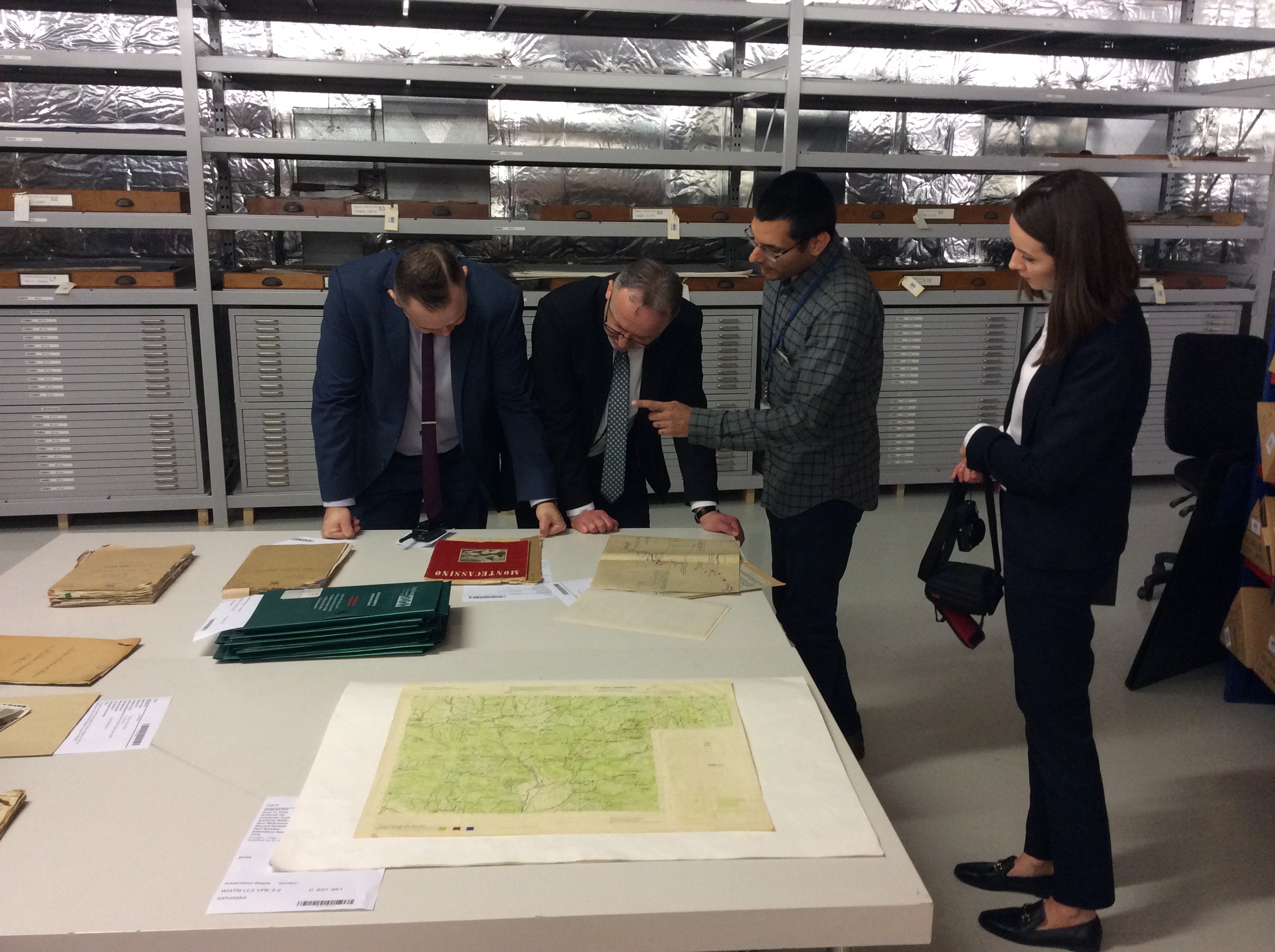 Display photo 14 in the gallery.
Display photo 14 in the gallery.
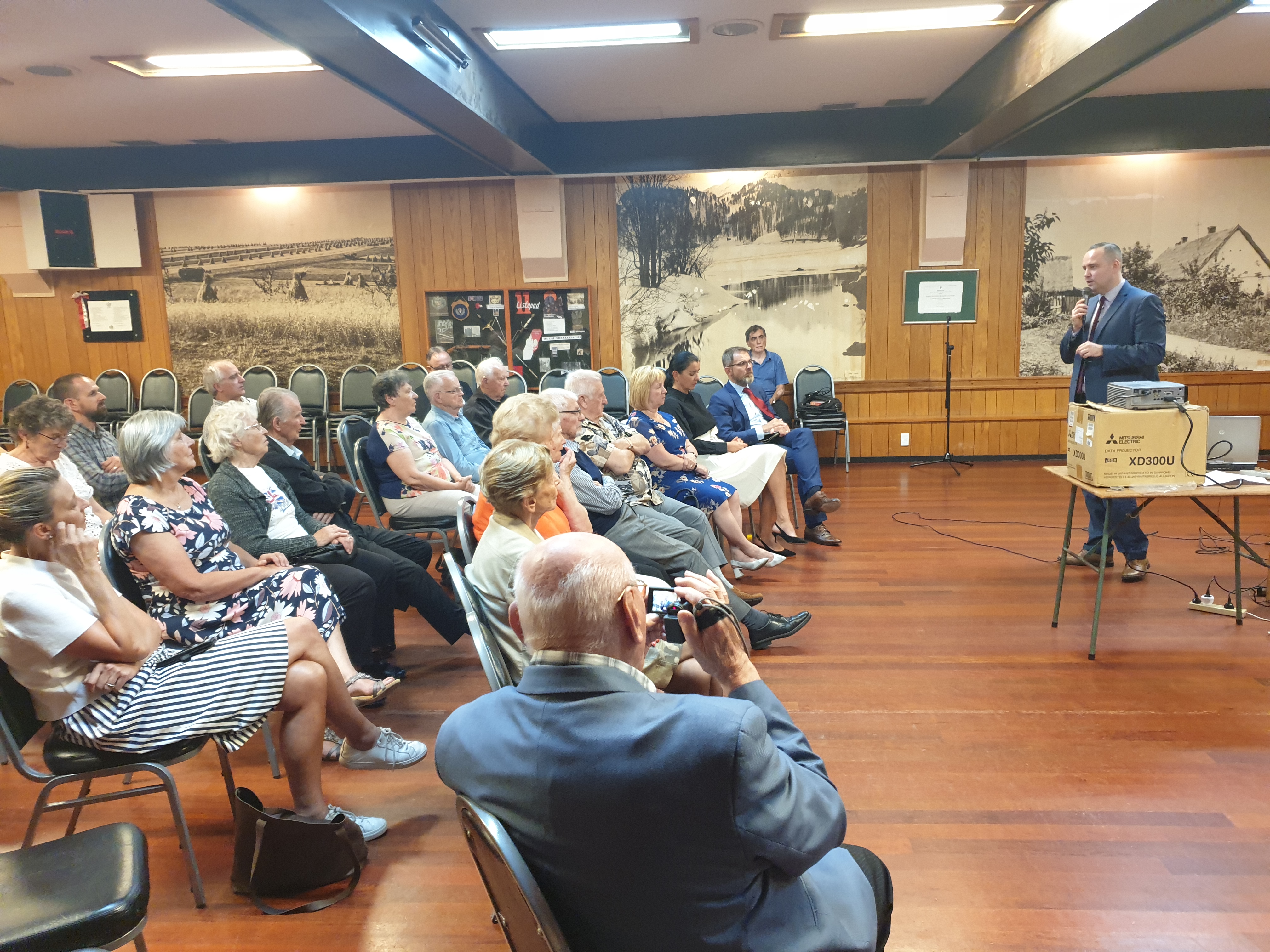 Display photo 15 in the gallery.
Display photo 15 in the gallery.
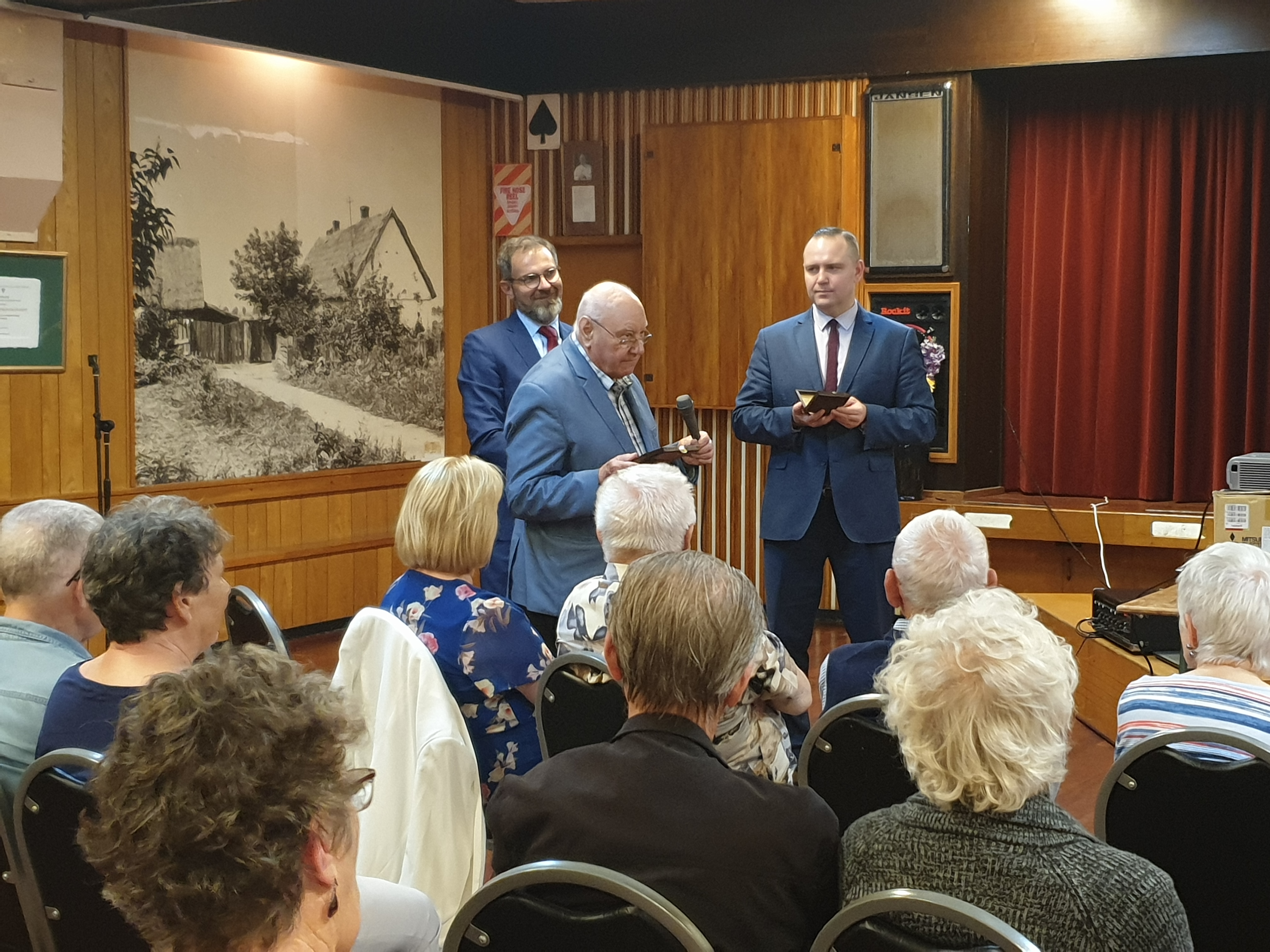 Display photo 16 in the gallery.
Display photo 16 in the gallery.
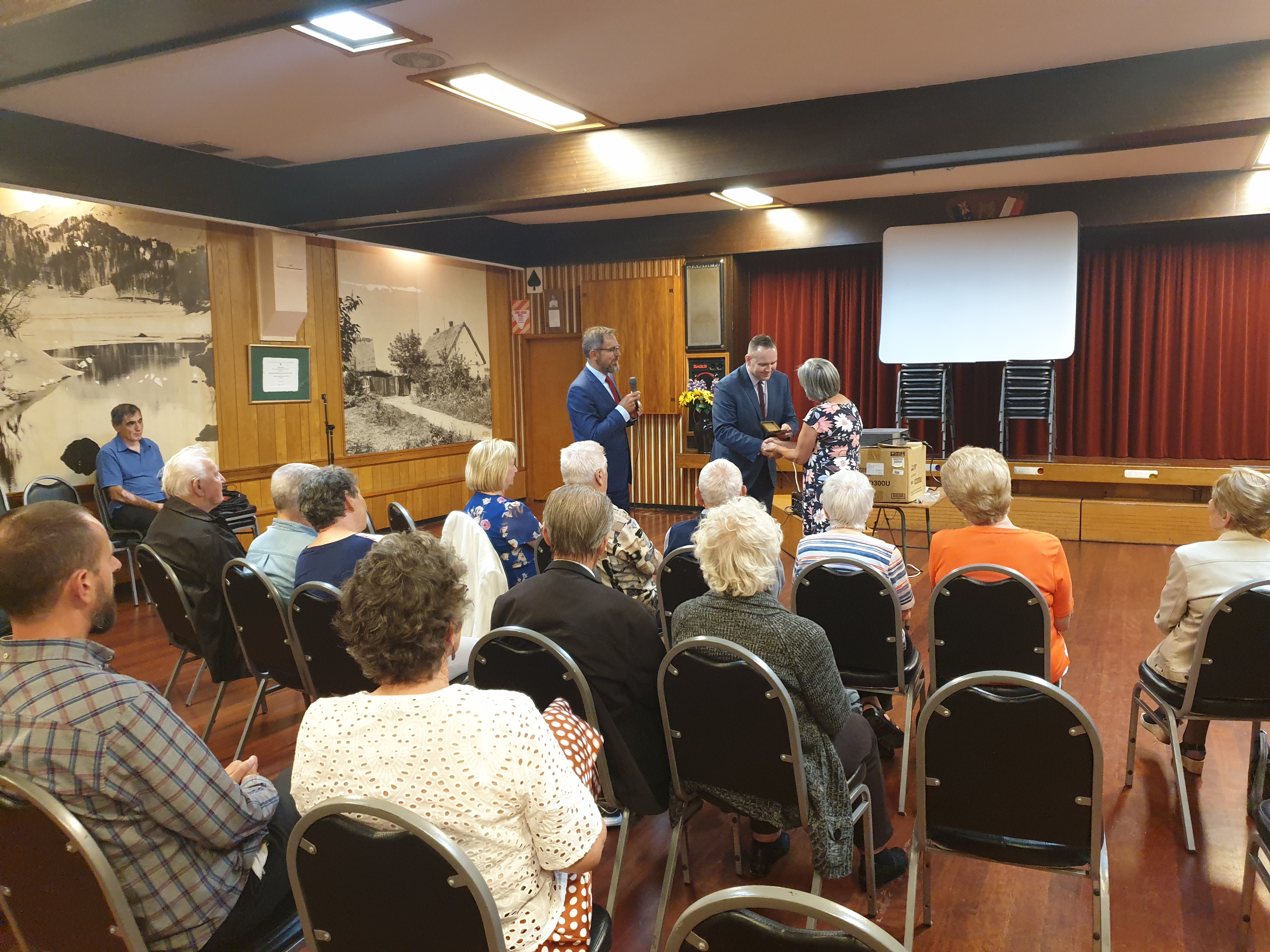 Display photo 17 in the gallery.
Display photo 17 in the gallery.
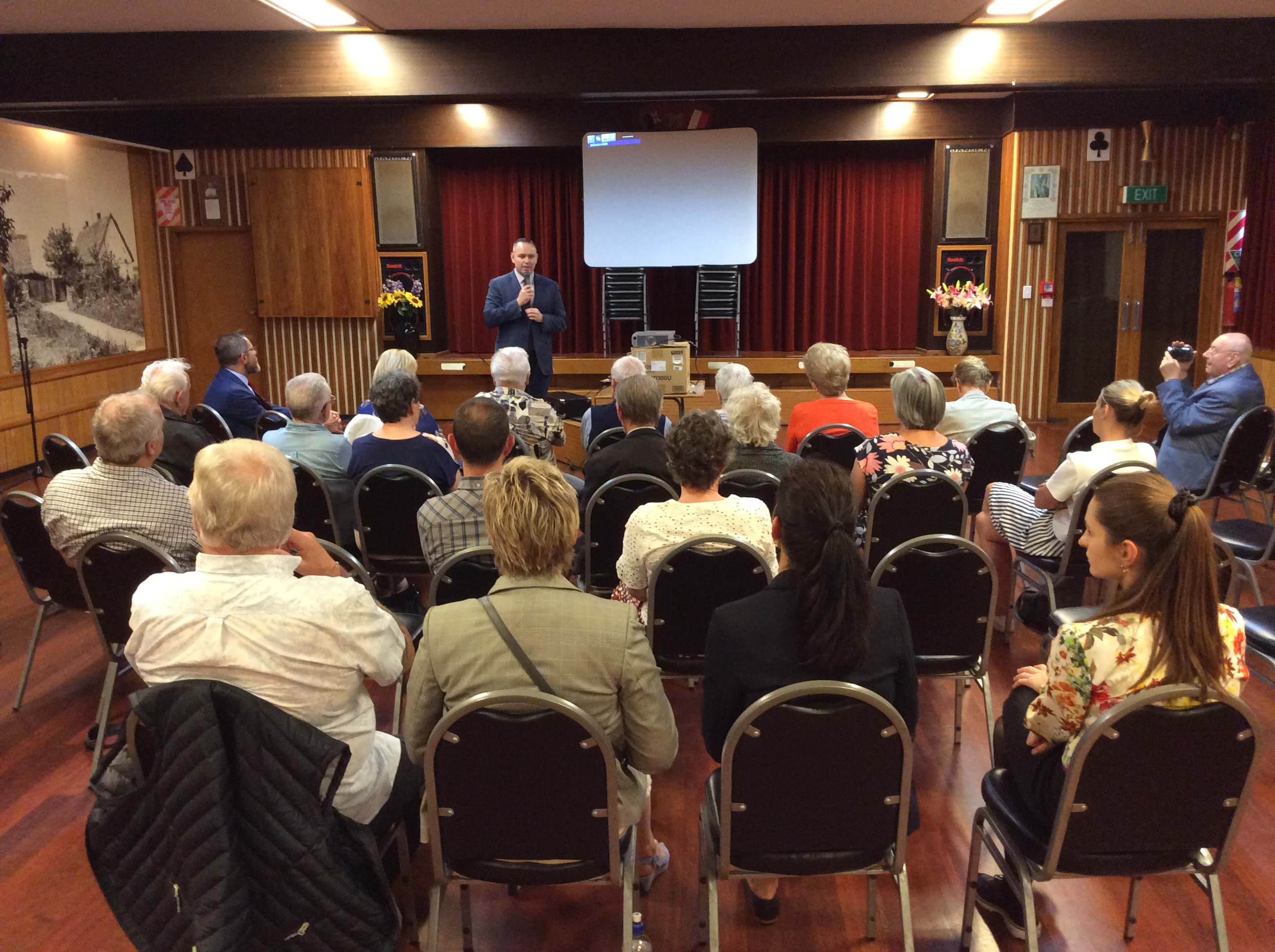 Display photo 18 in the gallery.
Display photo 18 in the gallery.
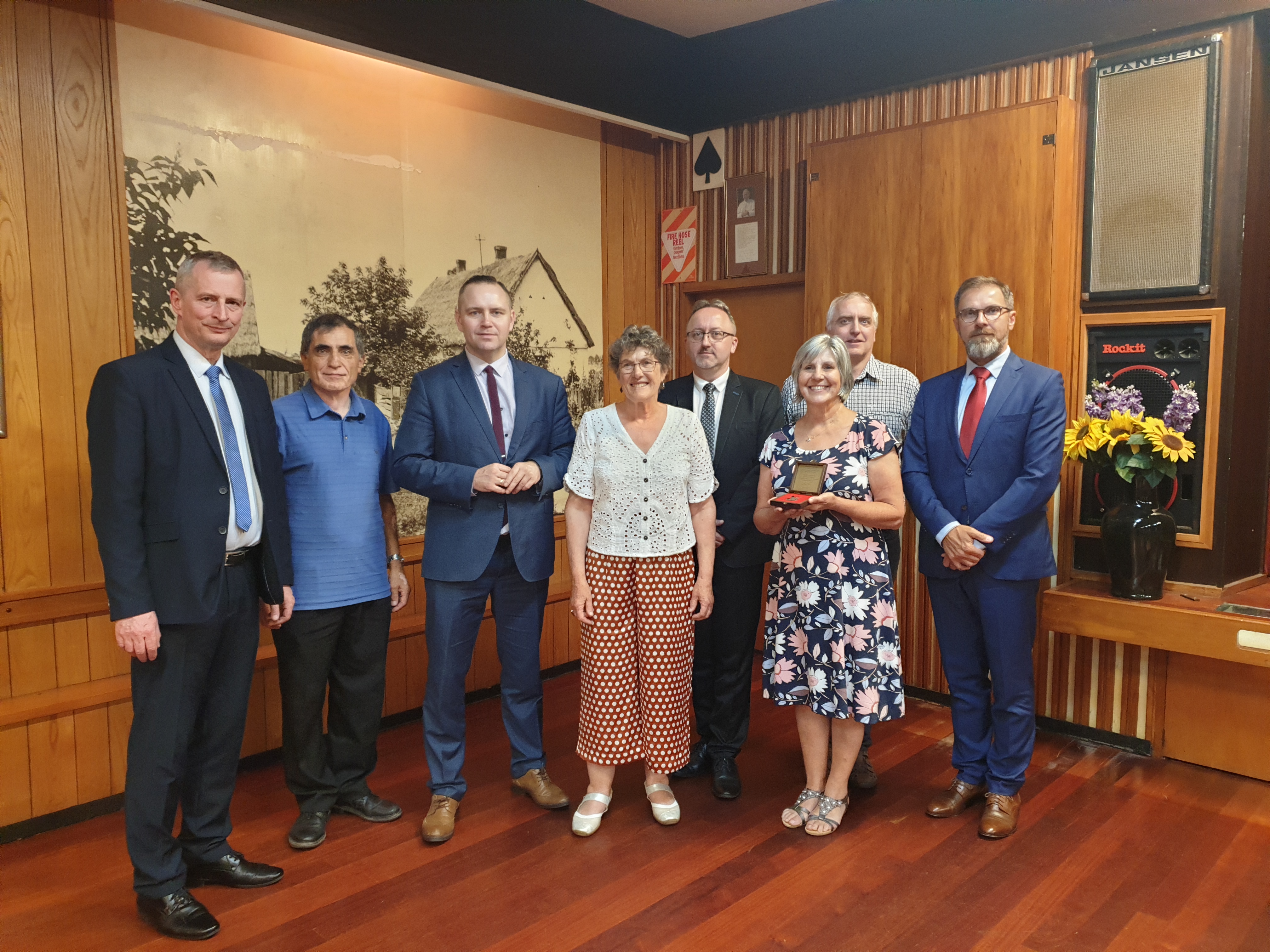 Display photo 19 in the gallery.
Display photo 19 in the gallery.
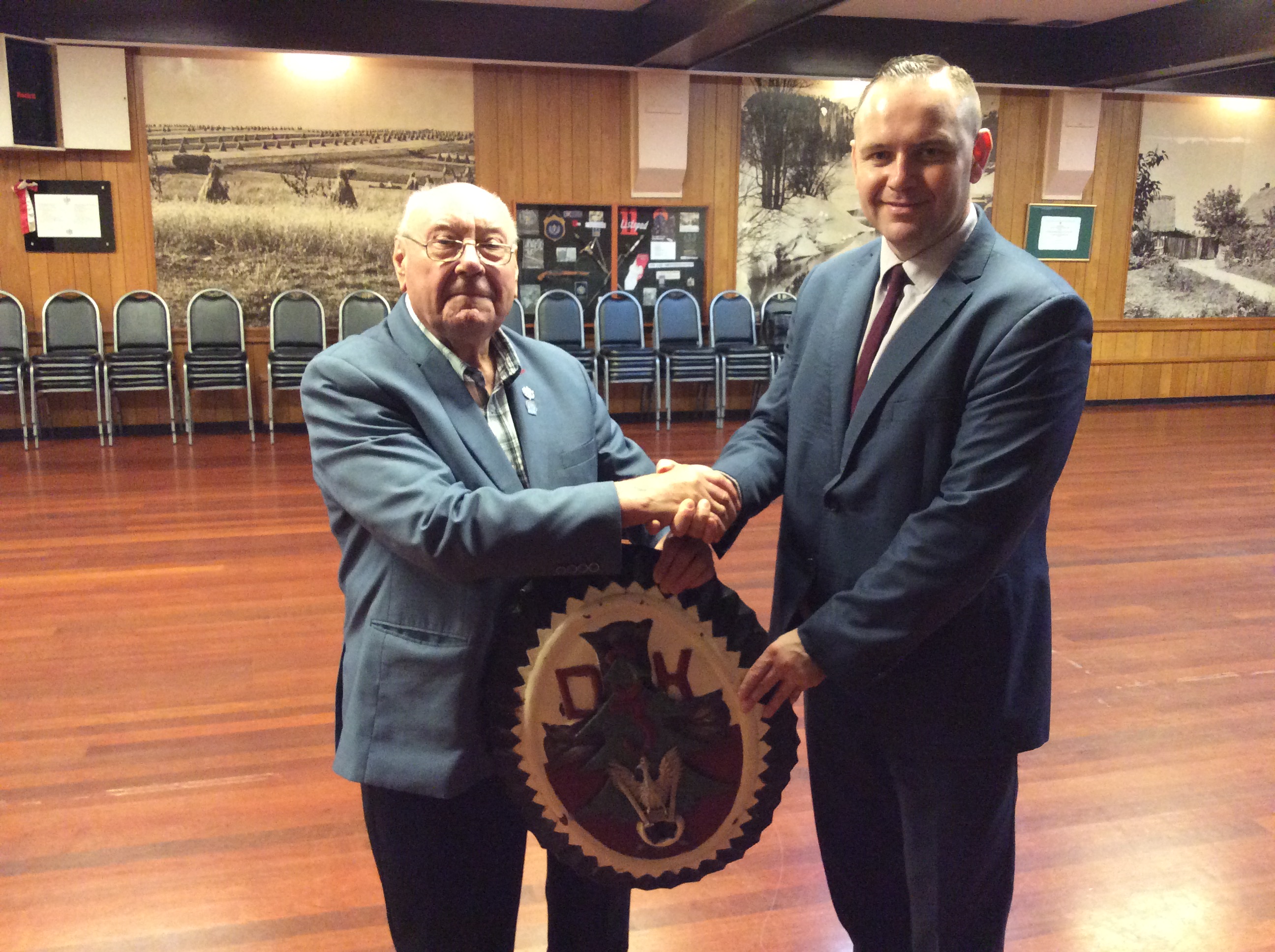 Display photo 20 in the gallery.
Display photo 20 in the gallery.
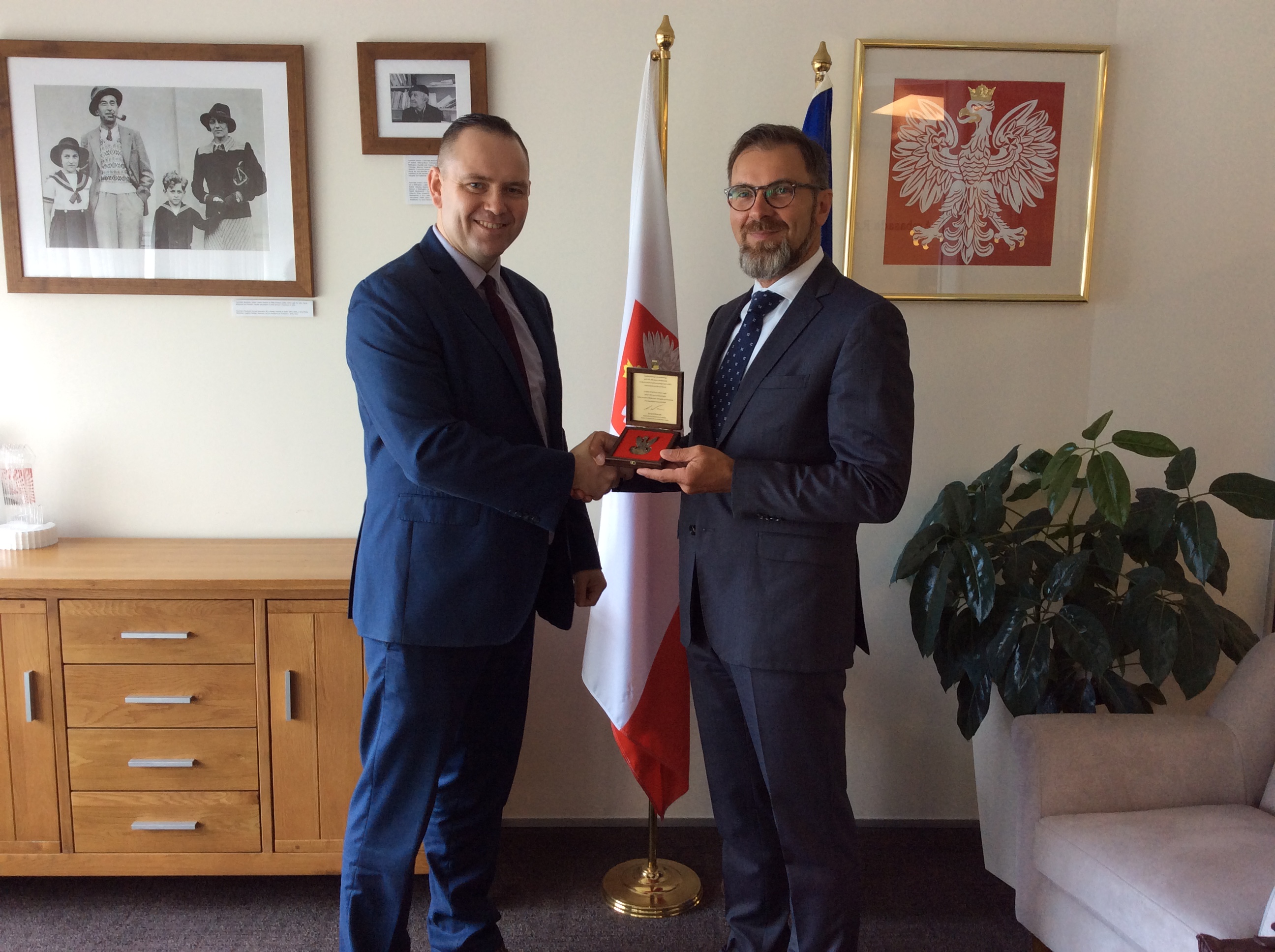 Display photo 21 in the gallery.
Display photo 21 in the gallery.
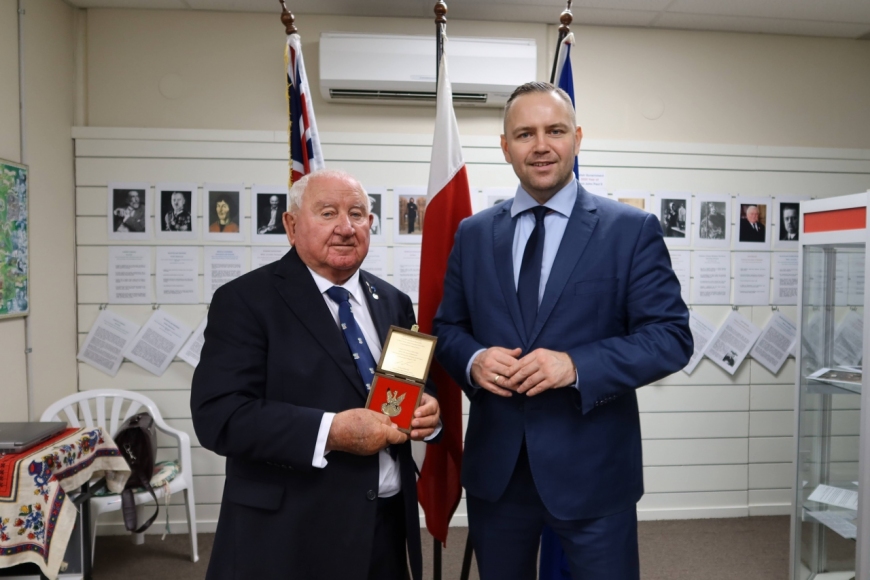 Display photo 22 in the gallery.
Display photo 22 in the gallery.
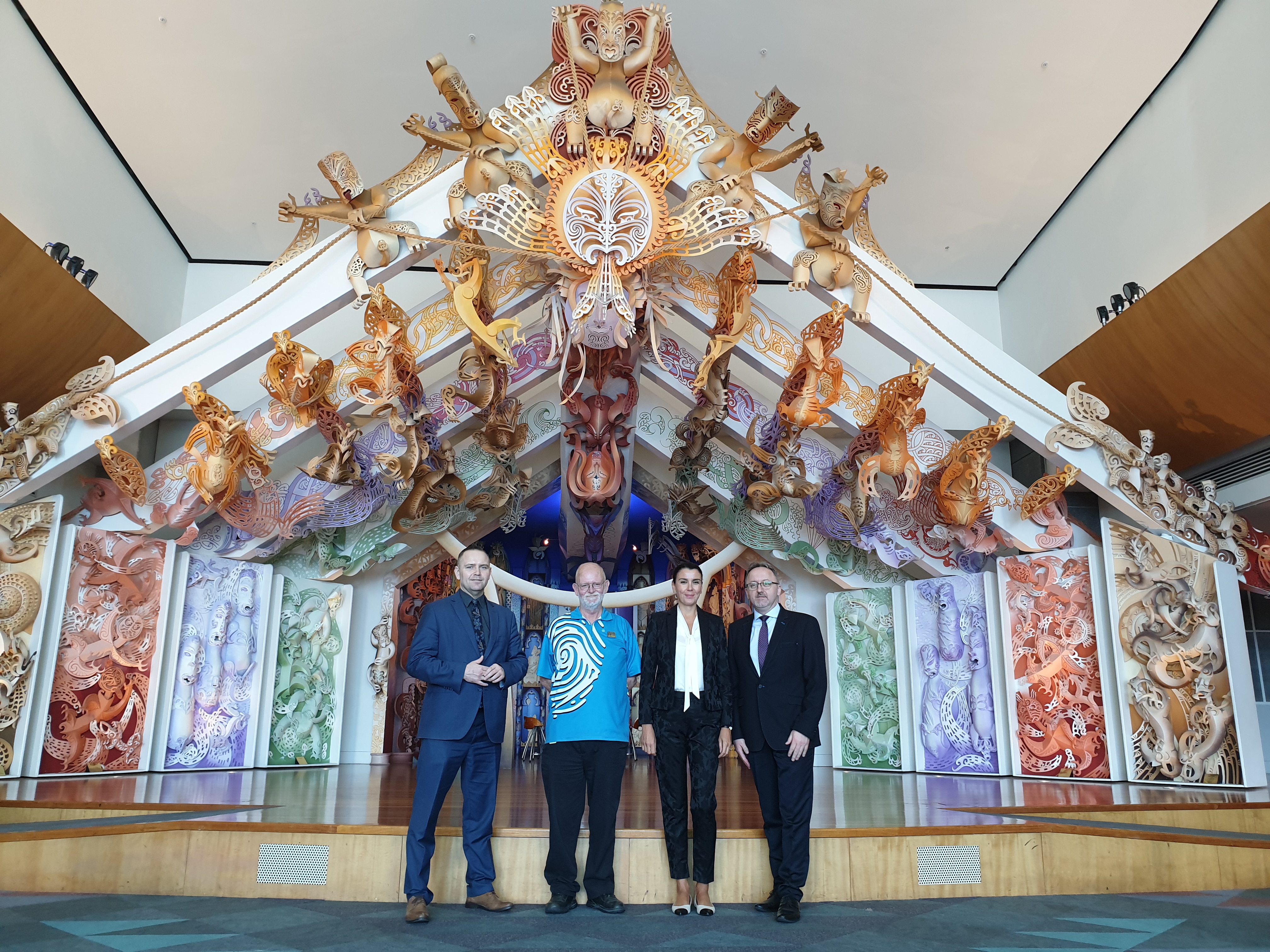 Display photo 23 in the gallery.
Display photo 23 in the gallery.
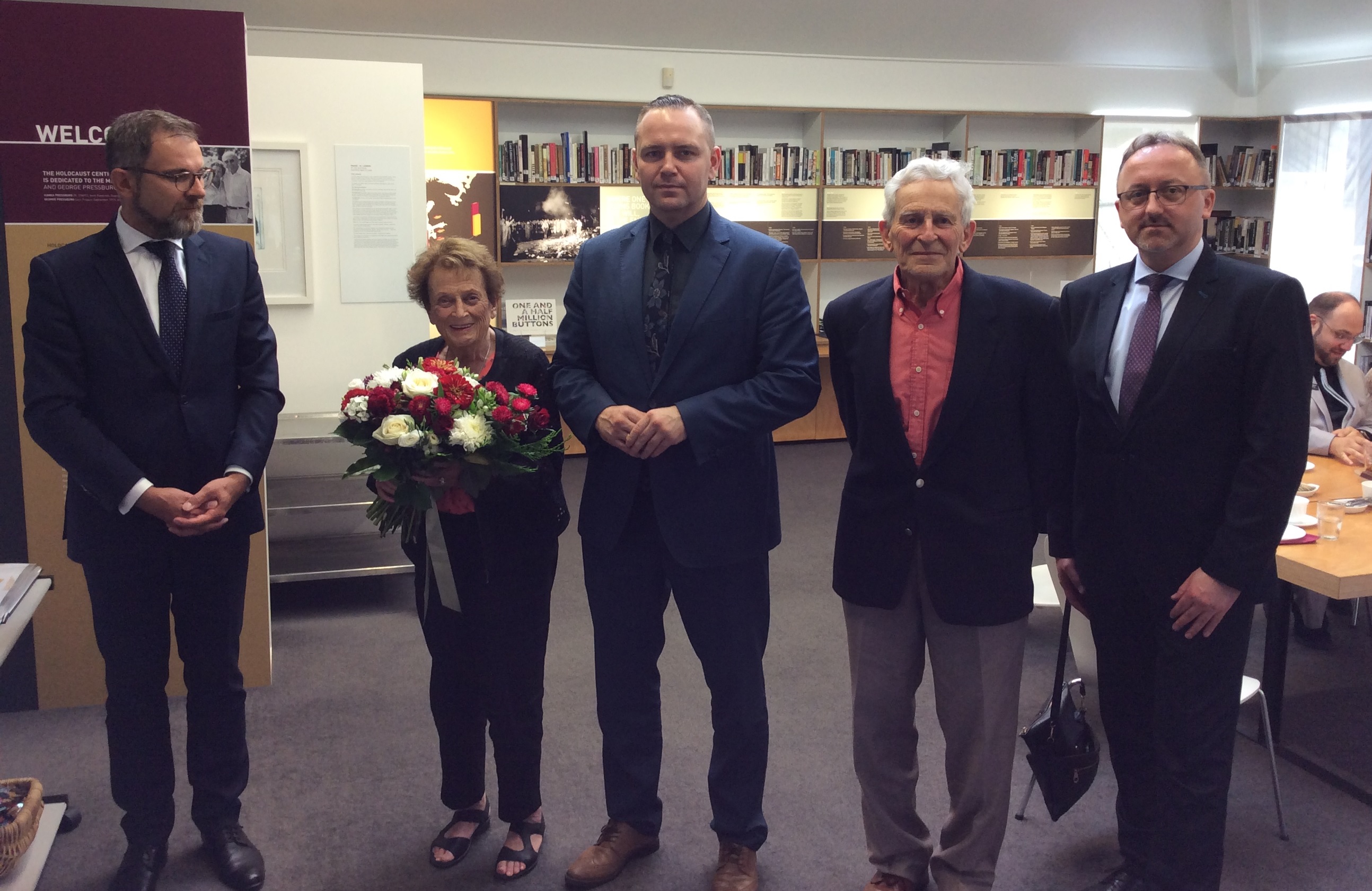 Display photo 24 in the gallery.
Display photo 24 in the gallery.
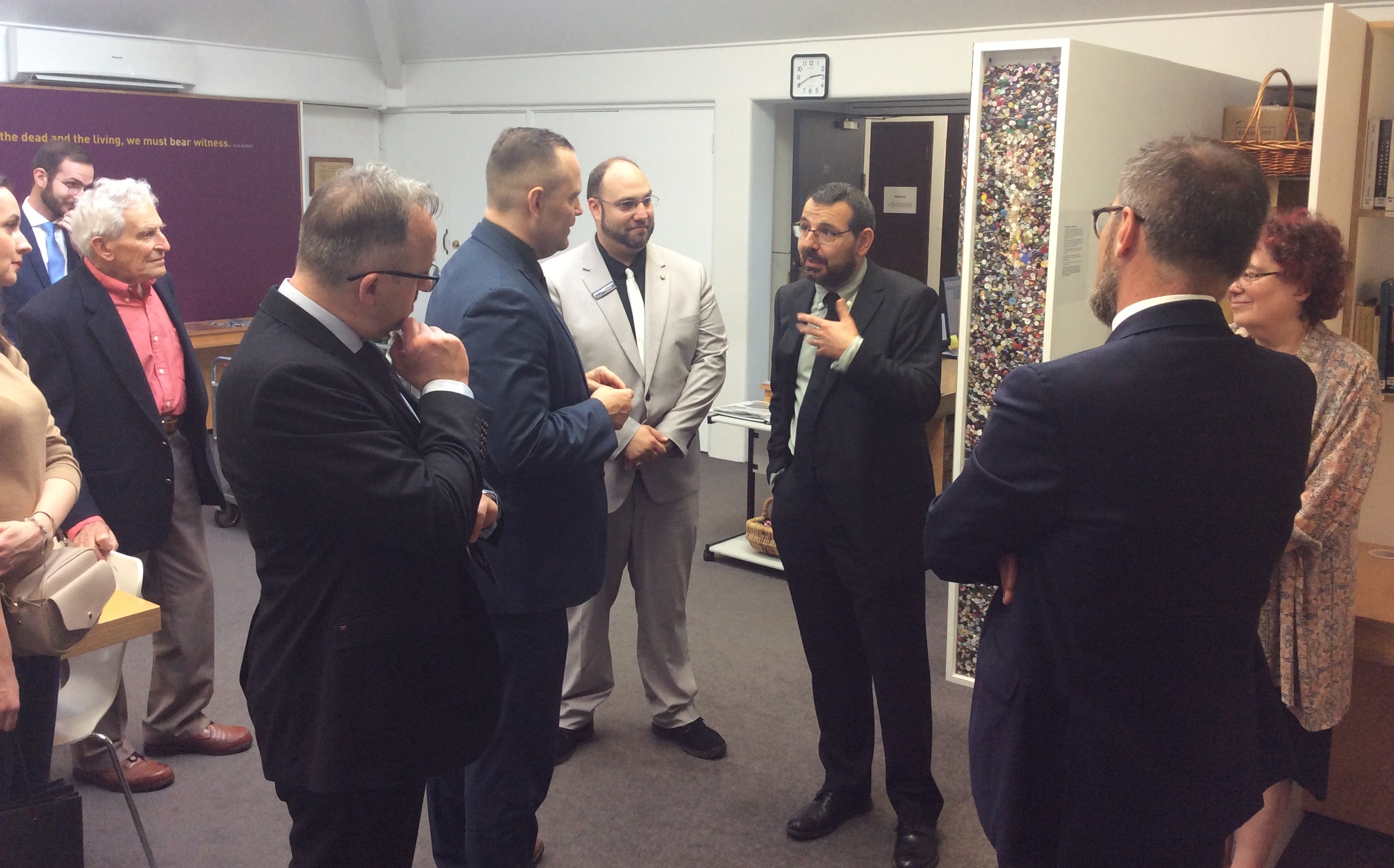 Display photo 25 in the gallery.
Display photo 25 in the gallery.
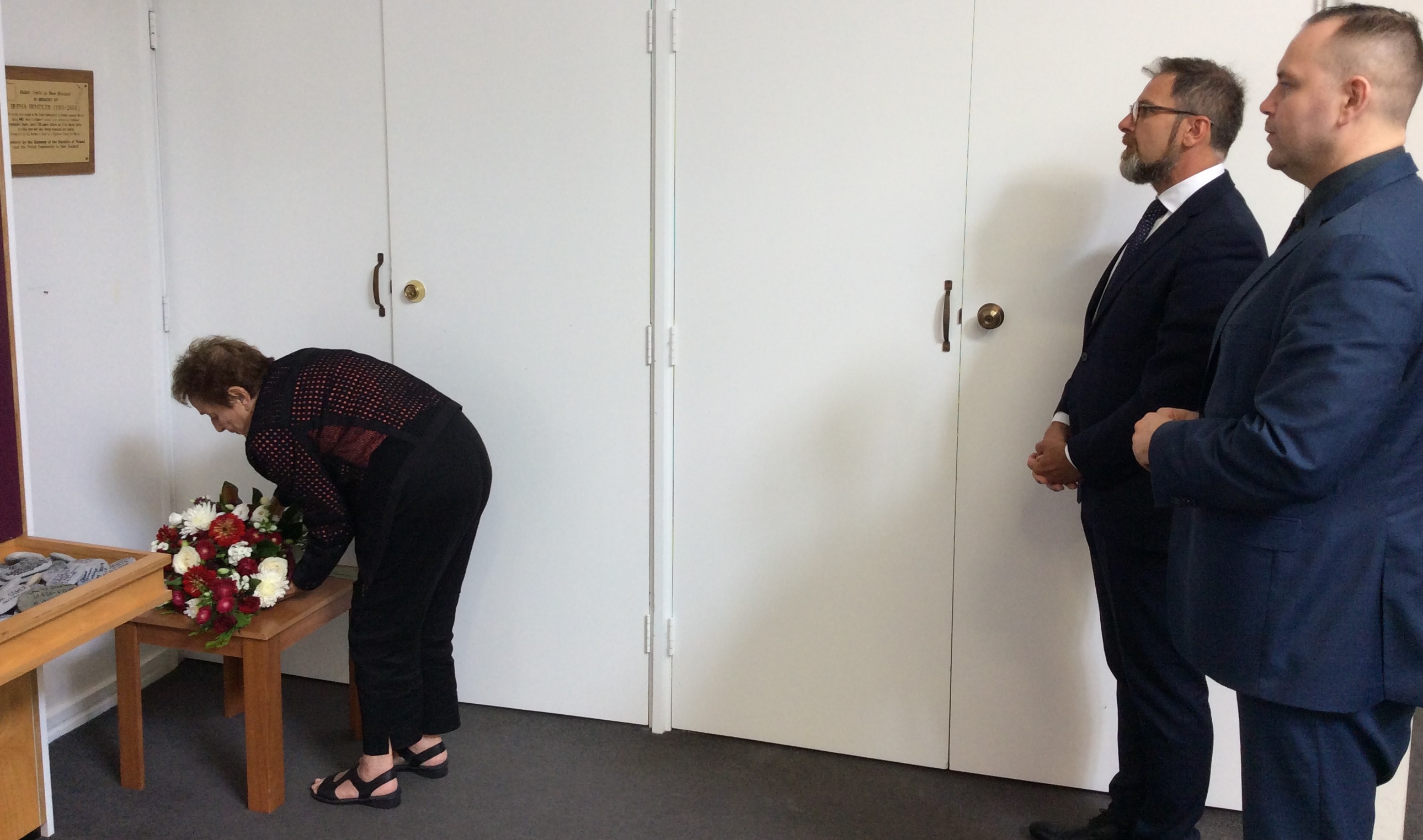 Display photo 26 in the gallery.
Display photo 26 in the gallery.
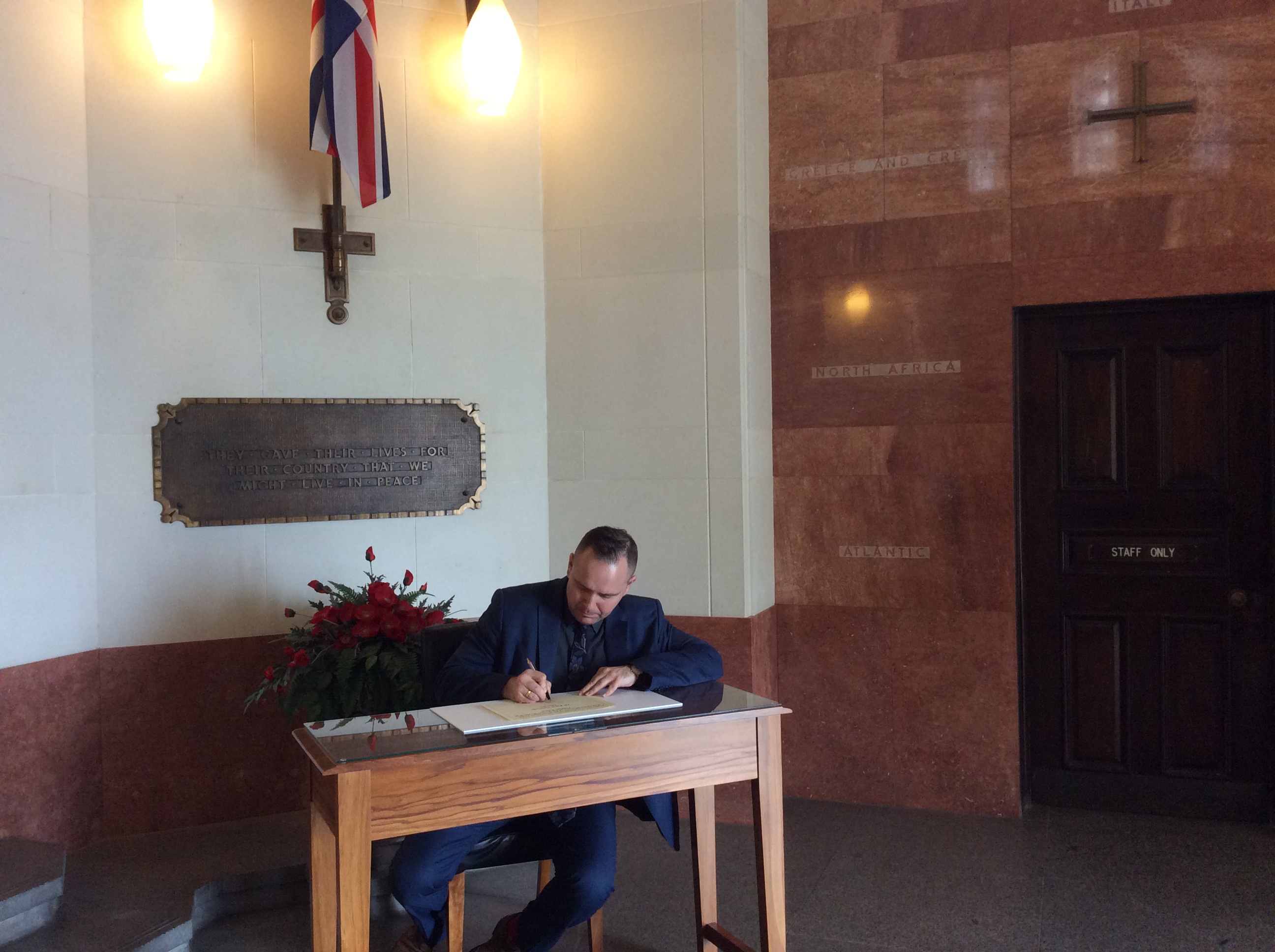 Display photo 27 in the gallery.
Display photo 27 in the gallery.
